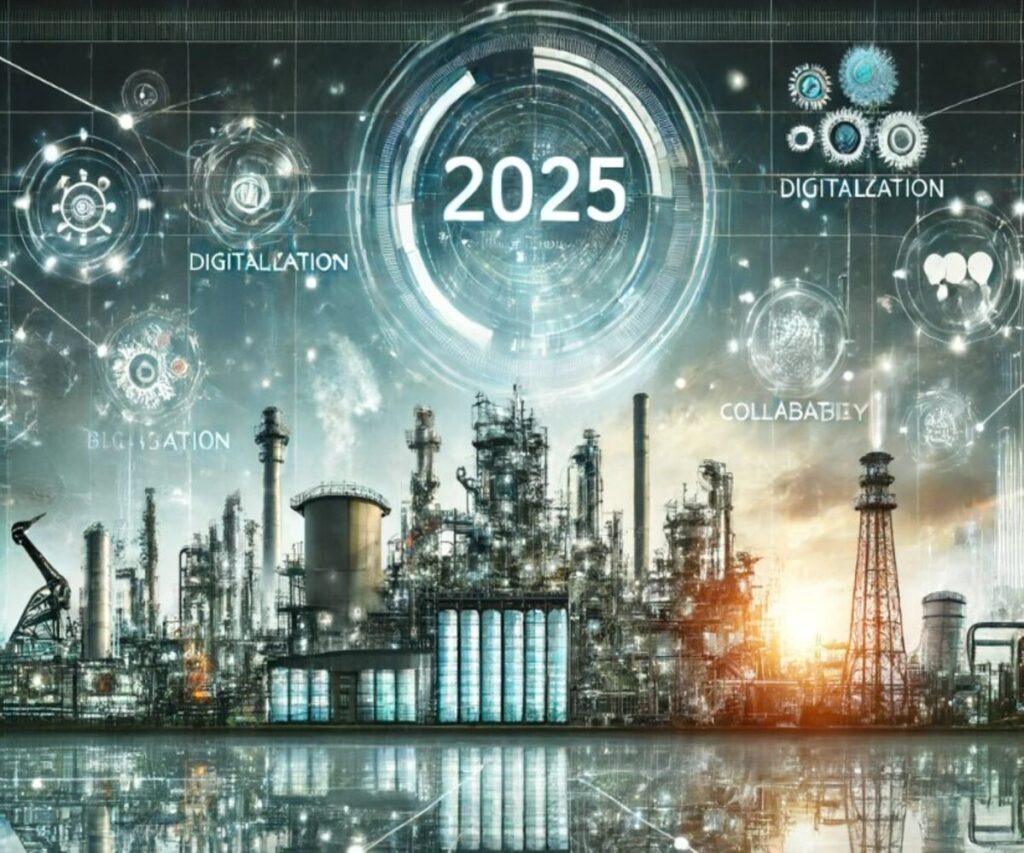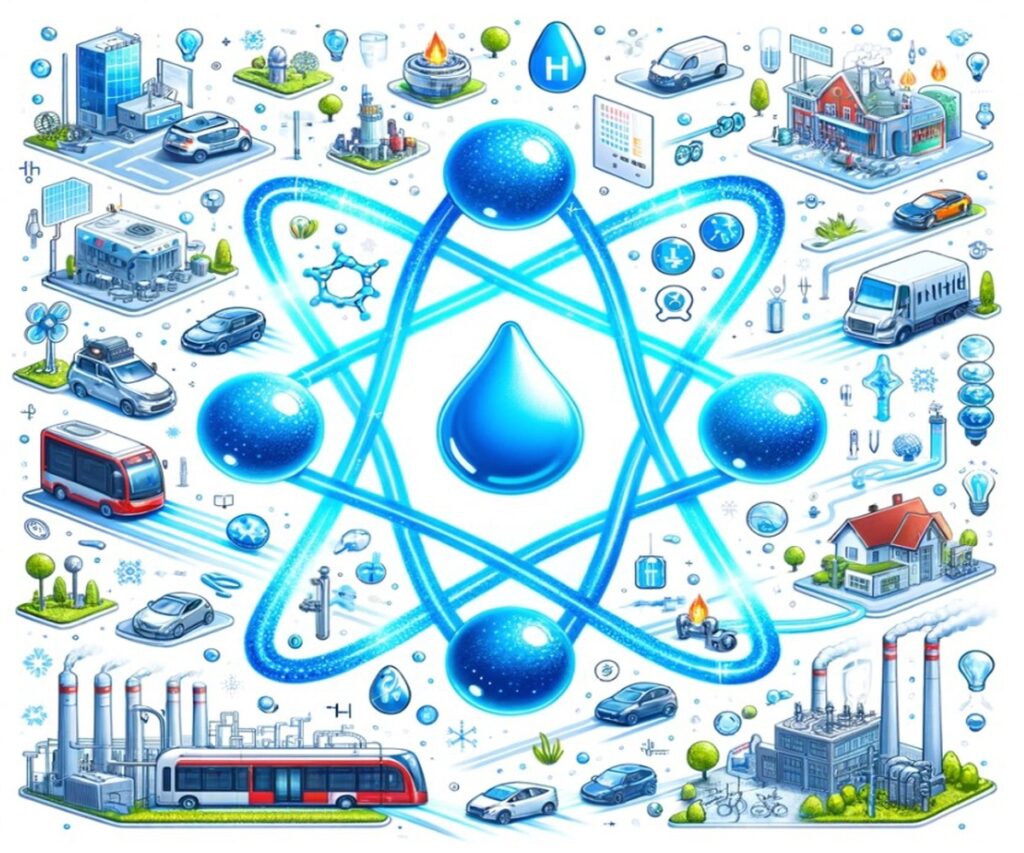Introduction
The chemical industry is at a pivotal juncture, poised between traditional practices and innovative transformations that promise to redefine its future. As we approach 2025, the sector is expected to undergo significant changes, driven by the need to adapt to evolving market demands and technological advancements. This article delves into the concept of platform chemical businesses, exploring their potential to revolutionize the industry and ensure sustainable growth.

The Present State of the Chemical Industry
Traditional Practices and Challenges
Historically, the chemical industry has relied on heavy assets and integrated value chains to achieve economies of scale. This model, while effective in the past, is now being challenged by increasing complexity and the rapid pace of technological advancements. Companies are facing pressure to innovate and remain competitive in a market that is no longer defined solely by efficiency but also by agility and adaptability.
The Shift Towards Digitalization
Digitalization is reshaping the chemical industry, enabling new business models and operational efficiencies. The integration of digital supply chains, the Internet of Things (IoT), and big data analytics is allowing companies to optimize their processes, reduce costs, and respond more swiftly to market changes. However, these advancements also necessitate a fundamental shift in how businesses operate, moving from traditional hierarchical structures to more flexible, platform-based models.
The Emergence of Platform Chemical Businesses
Defining Platform Chemical Businesses
Platform chemical businesses represent a new paradigm in the industry, characterized by decentralized operations, automation, and extensive use of digital technologies. These businesses operate on the principle of creating value through networks of interconnected players, rather than through isolated, vertically integrated entities.
Benefits of Platform Models
- Increased Agility and Flexibility: Platform models allow chemical companies to rapidly adapt to changes in market conditions and customer demands. By leveraging digital technologies, these businesses can reconfigure their operations and supply chains with minimal disruption.
- Enhanced Collaboration and Innovation: Platforms facilitate collaboration between various stakeholders, including suppliers, customers, and technology providers. This collaborative environment fosters innovation and allows for the development of new products and services that meet evolving market needs.
- Cost Efficiency and Scalability: Digital platforms enable more efficient use of resources and reduce transaction costs. They also allow for scalability, enabling businesses to expand their operations without the need for significant capital investments in physical assets.
Case Studies: Successful Implementation of Platform Chemical Businesses
Case Study 1: BASF’s Digital Transformation
BASF, a global leader in the chemical industry, has embraced digitalization to enhance its operations and customer engagement. By integrating IoT and data analytics into its production processes, BASF has achieved significant improvements in efficiency and sustainability. The company’s digital platform enables real-time monitoring and optimization of its supply chain, resulting in reduced costs and enhanced customer satisfaction. Additionally, BASF’s partnership with Knowde, a digital customer experience platform, has expanded its reach and improved its digital engagement with customers. Digitalization (basf.com)
Case Study 2: Dow Chemical’s Collaborative Ecosystem
Dow Chemical has adopted a platform-based approach to foster collaboration and innovation. Through its “Digital Dow” initiative, the company brings together various stakeholders to co-create solutions that address market challenges. This collaborative ecosystem has led to the development of innovative products and services, driving growth and competitiveness in the market. Dow’s integration of AI and machine learning into their processes enhances their product development and customer collaboration capabilities. Digital Dow
Future Prospects: The Vision for 2025 and Beyond
Integration of Advanced Technologies
As we look towards 2025, the integration of advanced technologies such as artificial intelligence (AI), blockchain, and advanced robotics will further transform the chemical industry. These technologies will enhance automation, improve decision-making processes, and enable more efficient and transparent operations.
Ecosystem-Based Business Models
The future of the chemical industry will be defined by ecosystem-based business models, where companies operate as part of interconnected networks. These ecosystems will enable seamless collaboration between various players, driving innovation and creating value for all stakeholders.
Conclusion
The chemical industry is on the cusp of a major transformation, driven by the need to adapt to a rapidly changing market landscape. Platform chemical businesses offer a promising pathway to achieve sustainable growth and competitiveness. By embracing digitalization and collaborative ecosystems, companies can unlock new opportunities and redefine their role in the industry. As we move towards 2025 and beyond, the success of the chemical industry will hinge on its ability to innovate, collaborate, and adapt to the demands of the future.

※ This report has been compiled for the purpose of providing general information. It is based on data gathered by CHEMiFORGE. Should you have any inquiries or need to make decisions based on this report, it is advisable to consult with a CHEMiFORGE.


